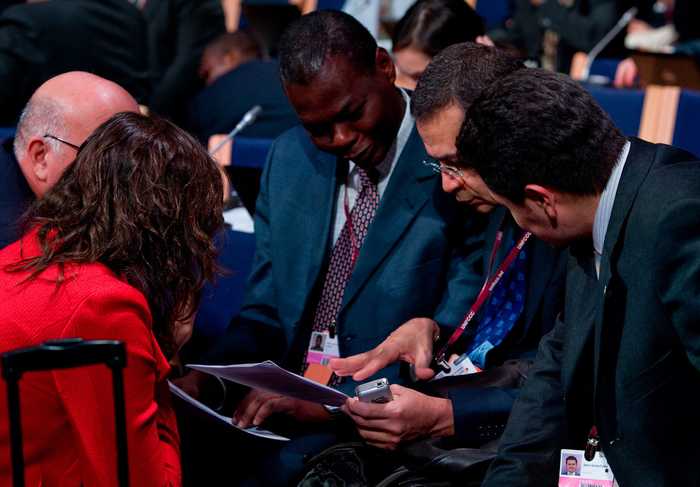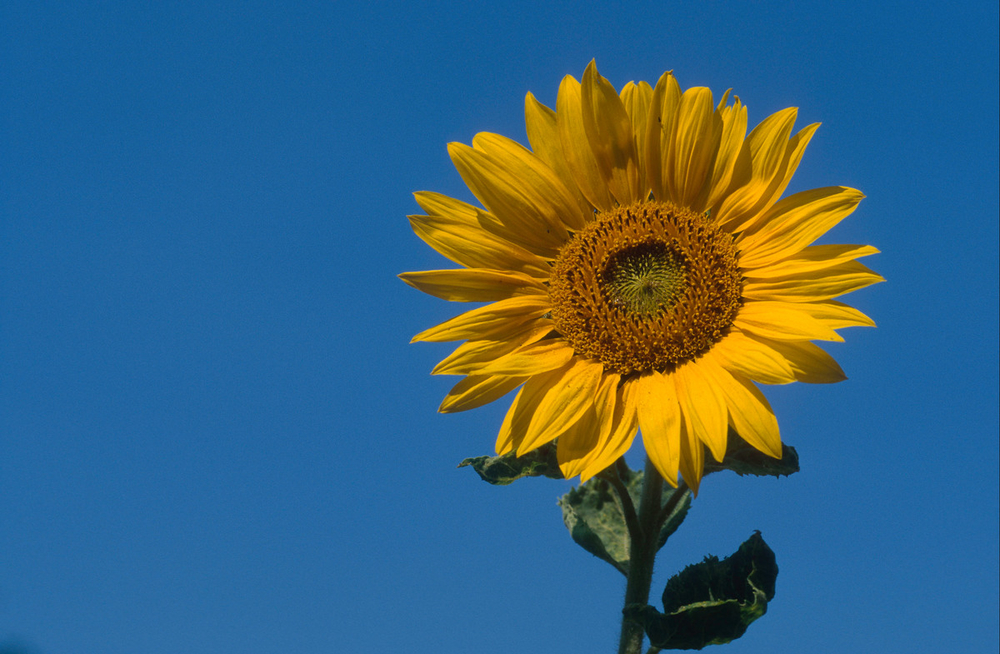
17th Jan 2020 — 2020 will be a crucial year for climate and the environment and, since we all depend on the natural world, it’ll be an important year for us too. It’s a time for important actions and decisions that will impact people everywhere for generations to come.
Read more
Related articles for further reading
Friday 17th January 2020
By Bernadette Fischler Hooper, Head of International Advocacy — Our Planet / 2020 Project, WWF UK.

As world and business leaders descend upon Davos next week we expect to hear announcements and news relevant to climate change and biodiversity loss. The WEF just released its latest global risk report and risks to life as we know it are at an all-time high. Rising emissions of greenhouse gases, destruction of nature, inefficient use of land and patterns of consumption are hurtling us toward a runaway climate change hand the collapse of biodiversity.
2020 is a crucial year for climate and the environment and, since we all depend on the natural world, it’ll be an important year for us too. It’s a time for important actions and decisions that will impact people everywhere for generations to come. As part of addressing the climate emergency, we need to stop destroying our precious environment and start to restore nature so it can keep providing us with essentials such as food, timber, water and clean air. Otherwise, we risk losing the life support system offered by our shared home. We must make sure the loss of nature is being reversed by 2030 and restore it to more sustainable levels by 2050.
Let’s get nature higher on the climate agenda
We’ve got a big task for 2020 and it’s too urgent and important to ignore − we need world leaders to do the right thing and jointly address the nature and climate crises. It’s up to all of us to make sure they take action and are held to account.
We’ve succeeded before in getting important decisions agreed on environmental issues − back in 2015 when the climate change agreement was signed in Paris and when the Sustainable Development Goals were agreed at the UN. So, we can do it again. We need to build on those successes and push nature to the top of everybody’s to-do list.
Why is 2020 different to any other year?
Time is running out. We’re losing biodiversity – the precious web of life – which means we’re losing wildlife and nature. In my lifetime we’ve lost two thirds of global wildlife populations and carbon emissions have risen by 90%. To pull our planet back from the brink of collapse, we need to put an end to this, starting in 2020.
I call 2020 the ‘super year’ because for nature, and therefore for us humans, this is the year it could all change. There are two significant reasons why 2020 matters:
- If we want to reverse the trend of nature loss and halve emissions by 2030, we need urgent action in 2020, starting with drastic cuts to emissions from energy and transport. When it comes to nature restoration, it will take some time to turn this ship around. We need to start now to restore nature so that people and wildlife − that so depend on nature − can thrive now and in the future. And we need everybody – individuals, citizens, governments, businesses, mayors, everybody – to step up in 2020 and take urgent action to protect and restore nature, before it’s too late.
- 2020 is also the year of important global moments for the environment, including the Nature COP in Kunming, China, and the Climate COP in Glasgow, UK. And if we manage to push decision-makers to achieve positive results in all those meetings, we will help create a more sustainable future.

We’ve identified five moments that we call the ‘high five for nature’. Those moments include:
- The 75th birthday of the UN which is celebrated during the opening of the UN General Assembly (UNGA) in September 2020 in New York as well as the UN Biodiversity Summit taking place at the same time. These will provide prime opportunities for world leaders to declare a Planetary Emergency to show that it is no longer acceptable to continue to degrade our planet and that urgent action to restore nature starts now.
- The UN is deciding on a new 10-year framework for biodiversity under the UN Convention on Biological Diversity (CBD) at its 15th Conference of Parties (COP-15) in October 2020 in Kunming. These goals and targets need to aim at reversing the catastrophic loss of nature by 2030 and come with an implementation mechanism that ensures ambitious action on the ground.
- At the 26th Conference of Parties (COP-26) of the United Nations Framework Convention on Climate Change (UNFCCC) in Glasgow in November 2020, countries will have the opportunity to enhance their national action plans to ensure that the goals of the Paris Agreement are achieved. Currently, country plans do not add up to keeping global warming below 1.5° which is necessary to avoid catastrophic change. So, we need more ambitious plans that also recognise the critical contributions from restoring natural systems and other nature-based solutions.
- Some of the environmental targets under the Sustainable Development Goals (SDGs) will ‘mature’ in 2020. At the High-Level Political Forum (HLPF) in July 2020 in New York, countries need to extend them meaningfully up until 2030, the overall deadline of the SDGs and recognise that achievement of the SDGs will depend on successfully restoring natural systems and addressing climate change.
- Roughly 60% of the ocean lies in areas beyond national jurisdiction. At the UN negotiations on Biodiversity beyond national jurisdiction (BBNJ) taking place in New York, for the first time ever a UN Treaty on governance of the High Seas will be agreed early 2020. This is a pivotal moment to stop ocean degradation and help to protect and restore our ocean.
These global outcomes on nature, climate and people in 2020 jointly make up a New Deal for Nature and People, which aims to reverse the catastrophic trend of nature loss and global heating.
But the year 2020 is now – there is no time to lose! We’ve got a lot to get done but I know we can do it, if we put our minds and hearts into it!
Find out more about the unmissable opportunity for the world to change direction in 2020.
Read more on how climate change impacts species and biodiversity.
(A version of this story was first run on Medium )